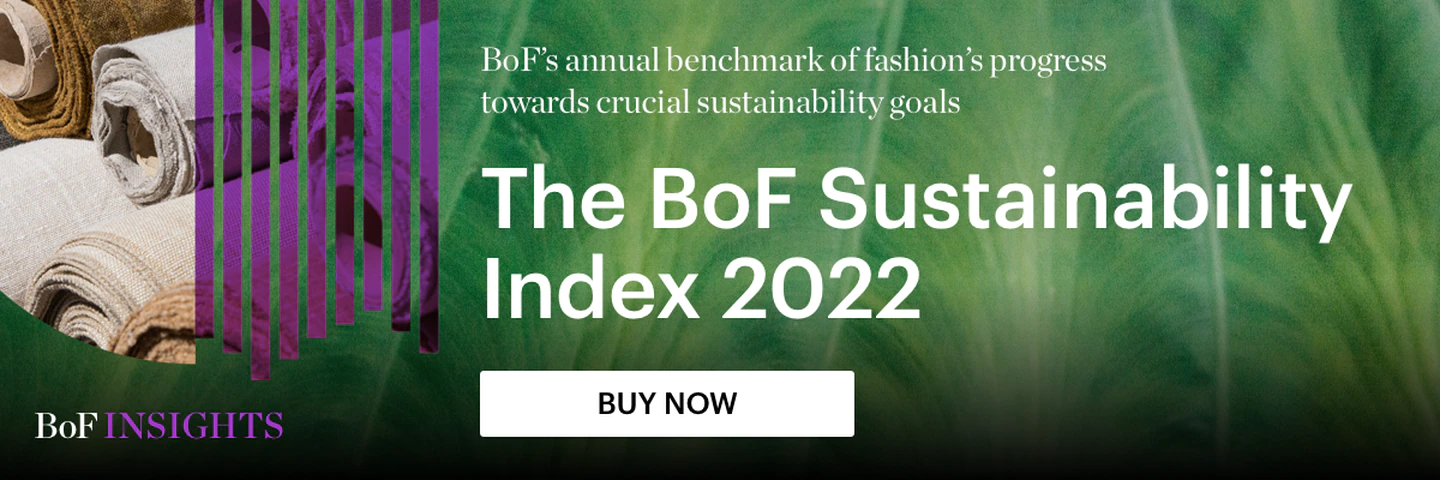
Zara-owner Inditex is joining the growing number of major fashion brands investing in sustainability-focused start-ups as pressure to deliver on high-profile commitments to curb fashion’s environmental impact mounts.
The company is among the investors funding textile-to-textile recycling company Circ’s latest round. The Series B raised more than $30 million, with other participants including Bill Gates-founded Breakthrough Energy Ventures, textiles manufacturer Milliken & Company and trading firm Marubeni, the Virginia, US-based start-up said Tuesday.
While the size of Inditex’s participation was not disclosed, the Spanish fast-fashion giant said this was its first investment in a clean technology company.
The move comes as activity in the “clean tech” space intensifies, fuelled by growing consumer appetite for fashion products with a lower environmental footprint, regulatory pressure and policy shifts aimed at curbing the industry’s impact, and investor demands that businesses demonstrate they are tackling climate risk. Companies have responded with high-profile commitments to reduce the environmental impact of the clothes they sell and are turning to innovative start-ups to help them meet those targets.
Inditex has set a goal for all the polyester in its collections to be recycled by 2025. Efforts to reduce the impact of other materials, like cotton, also include sourcing more recycled material.
Earlier this year, the company signed a €100 million ($101 million) off-take contract with Finnish textile-to-textile recycling company Infinited Fiber Company, which is in the process of building an industrial-scale plant capable of turning textile waste into a cotton-like fibre. The three-year agreement secures Inditex 30 percent of its future annual production.
The investment in Circ is a bet on another recycling technology with ambitions to scale, one that is focused on tackling a big technical challenge facing the sector: the difficulty of recycling fabrics that mix natural fibres like cotton with synthetics like polyester. Circ’s technology can separate these blends, returning them to the raw materials from which they were made.
The company currently has the capacity to recycle about four to five tonnes of material a day, a fraction of the global market. The new funds will allow it to complete engineering work for larger-scale facilities while working on commercial launches with brand partners.
“Circularity is here to stay, but it’s disruptive and it’s not going to be easy,” said Circ chief executive Peter Majeranowski. “We want to work with the biggest and best brands out there because that brings scale.”
For more BoF sustainability coverage, sign up now for our new Weekly Sustainability Briefing by Sarah Kent.
Editors Note: This article was revised on 12 July, 2022. An earlier version misstated that Circ’s technology can be used to recycle stretch jeans and yoga pants. This is incorrect. The company is focused on recycling blends of polyester and cotton, and not the spandex typically used in these types of garments..



